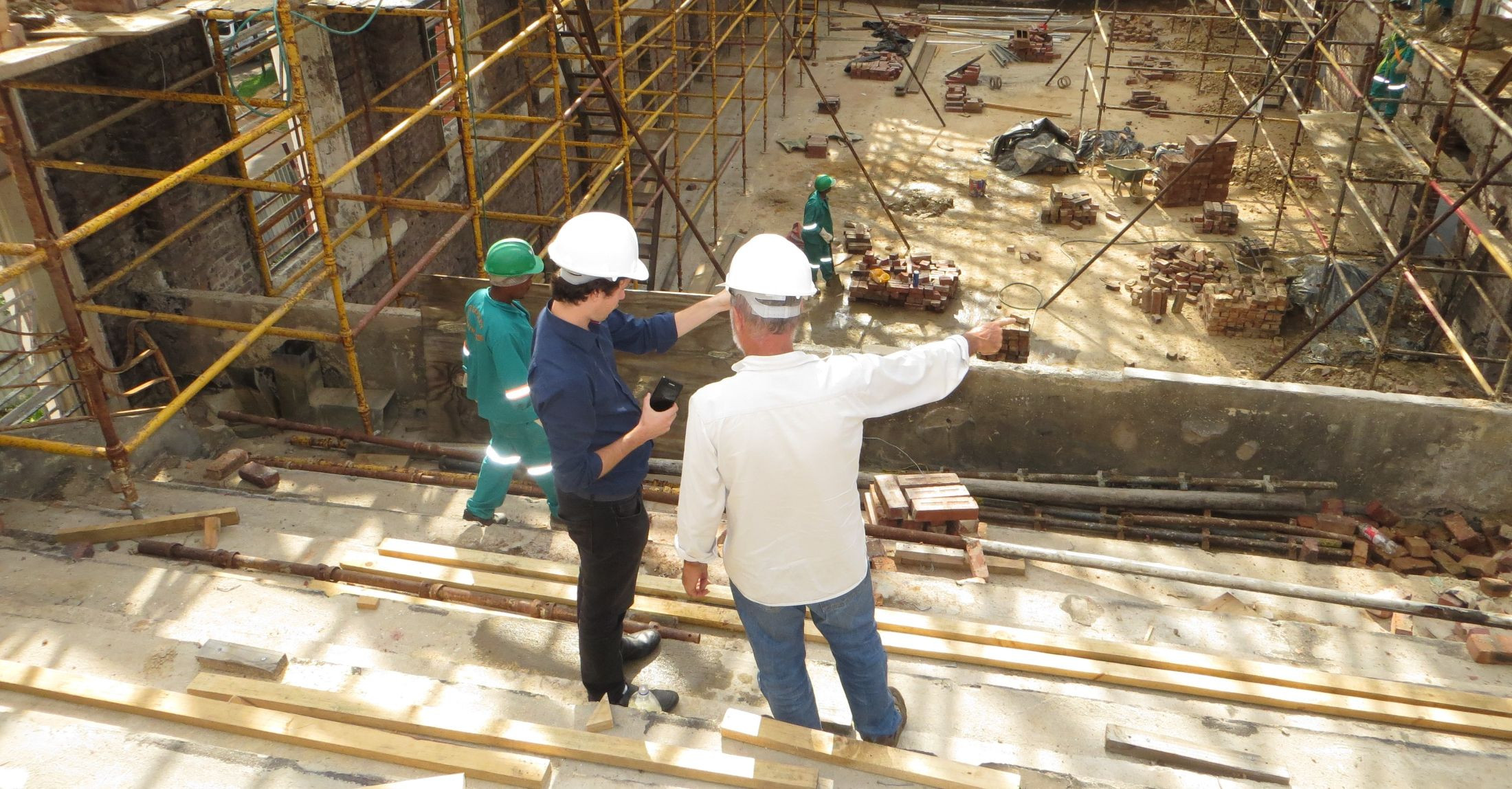Changes to the Building Act 2004
Posted: 20 October 2020
Changes to the Building Act 2004 came into force on 31 August 2020. The changes vary the circumstances under which you are required to obtain a building consent.
The exemptions
You are no longer required to obtain a building consent from your local council for the new exempted works. This does not stop you from applying for building consent if you want to be certain that your proposed building is up to standard.
The new exemptions include:
- Single storey detached buildings up to a maximum of 30m2
- Carports up to 40m2
- Ground floor awnings up to 30m2
- Ground floor verandas and porches
- Permanent outdoor fireplaces or ovens, and
- Ground-mounted solar panel arrays.
All plumbing and electrical work for these structures still need consent. For a full list of the exemptions and the conditions attached see the Building Performance website here.
Even if you don’t need building consent, all building work in New Zealand must comply with the building code. Although, you may not need to apply for building consent, you may still need to engage the services of a Licenced Building Practitioner (LBP) to supervise the works and certify that the building work complies with the building code. You can view the building code here.
Building contracts
If you need to engage a LBP to undertake some, or all, of your building works, you should review their building contract thoroughly.
If you are doing the building yourself and only require a LBP to supervise the works, the contract should specify this.
On the other hand, if the LBP is to be responsible for building your project then you should ensure that the contract (a copy of the building plans should be attached to the contract) sets out what they will be responsible for and what work you will carry out. This ensures you will not be charged for work you thought you would be doing yourself.
If you use a LBP there are warranties implied under the Building Act that will apply to the building works; among these is a warranty that the work will be completed.
The LBP should provide you with the opportunity to review their work and have any cosmetic defects remedied. Any warranties provided by the manufacturer of the materials should be passed over to you once the works have been completed and you have paid for the LBP’s services.
If you are planning on selling your property within the next 5–10 years after the works have been completed you should also ensure that the warranties or guarantees can be assigned to your buyer.
Applying for building consent
If you want to check if your project requires consent, the easiest thing to do is call your local council.
If you need to apply for a building consent because your proposed building project is not exempted, you can do this through your local council. Your LBP can make this application on your behalf if it is set out in their contract, or you can do it yourself. On receipt of your application, the council has 20 working days to review it. During that time they can ask you for further information; the 20 working days will pause until the additional information has been provided.
Once the consent has been granted you must start the build within 12 months. You have up to two years to complete the works, unless otherwise agreed with the council.
When your build is completed, the council will review the work and issue a code of compliance certificate if it complies with the building code.
DISCLAIMER: All the information published in the Property eSpeaking, Commercial eSpeaking, Trust eSpeaking, Rural eSpeaking, and Fineprint newsletters is true and accurate to the best of the authors’ knowledge. It should not be a substitute for legal advice. No liability is assumed by the authors or publisher for losses suffered by any person or organisation relying directly or indirectly on this article. Views expressed are those of individual authors, and do not necessarily reflect the view of this firm. Articles appearing in Property eSpeaking, Commercial eSpeaking, Trust eSpeaking, and Fineprint may be reproduced with prior approval from the editor and credit given to the source. Copyright, NZ LAW Limited, 2025. Editor: Adrienne Olsen. E-mail: [email protected]. Ph: 029 286 3650 or 04 496 5513.
